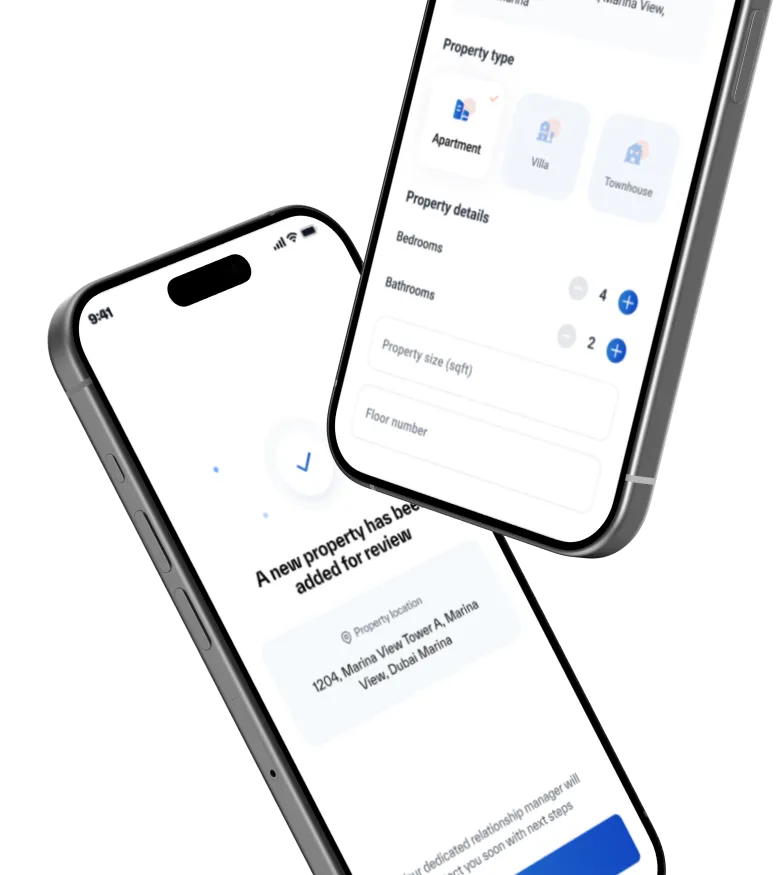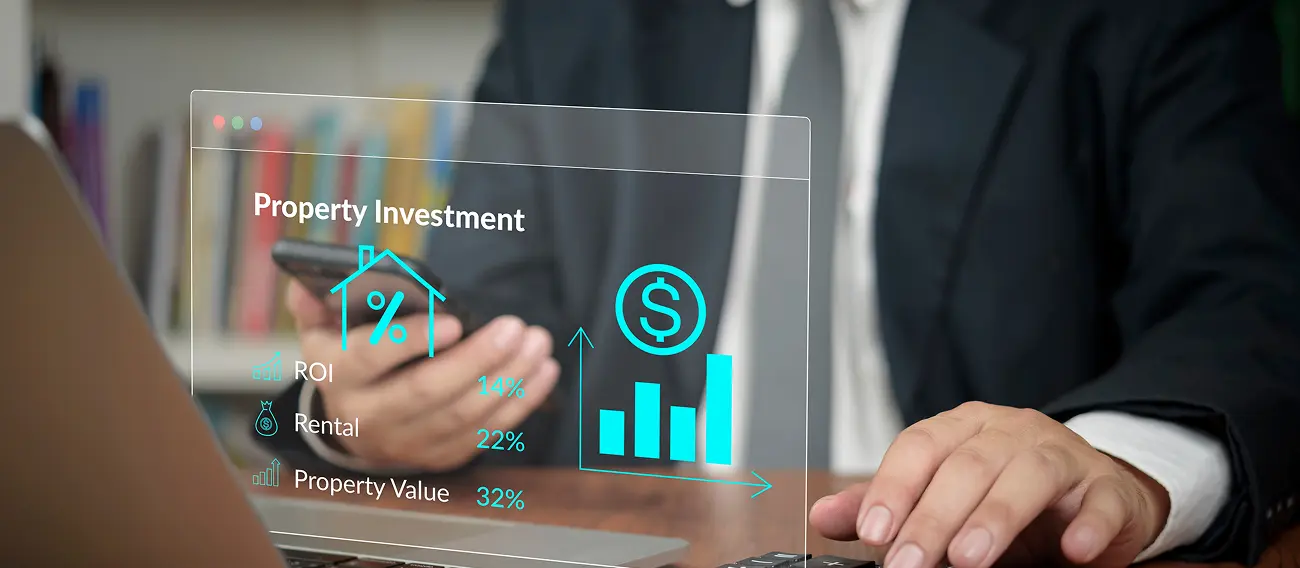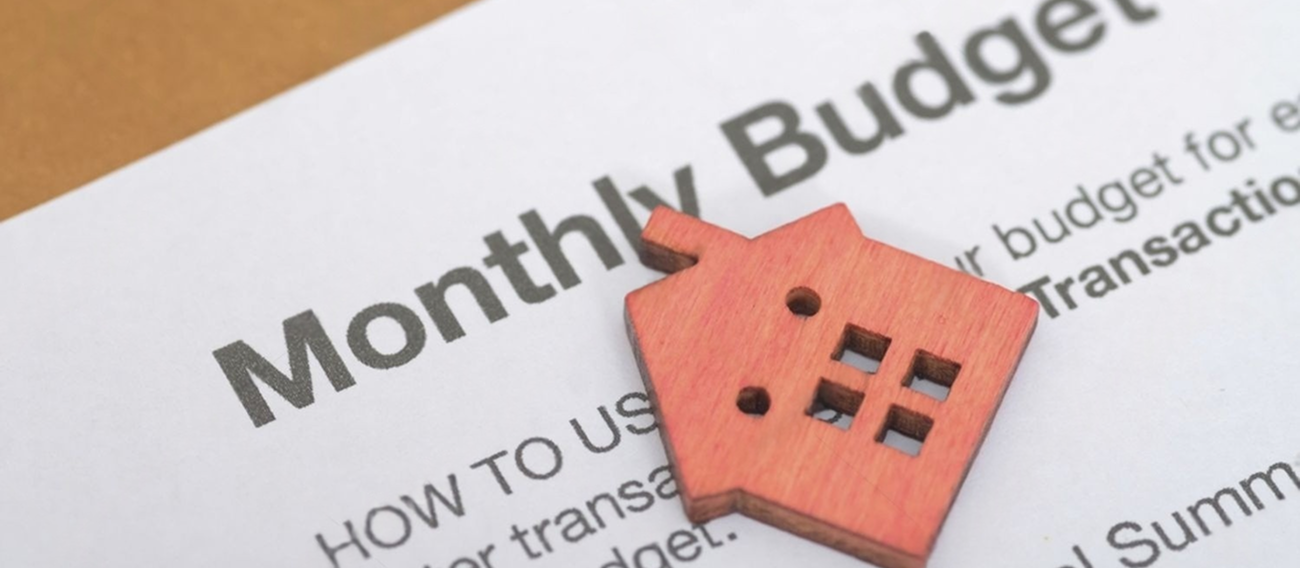What is tenant management and why does it matter?
Tenant management refers to the daily operations involved in creating a strong landlord-tenant relationship. It includes screening tenants, drafting lease agreements, collecting rent, handling maintenance, resolving disputes, and renewing contracts.
At its core, the goal is simple: keep tenants satisfied, protect the property, and ensure that rental income is steady. But achieving that consistently requires structure and foresight.
When executed well, tenant management services in Dubai help prevent conflict, improve tenant retention, and lead to more reliable revenue. A well-managed property not only attracts stable, responsible tenants but also ensures compliance with legal and administrative requirements unique to the UAE.
For landlords balancing multiple units or working with diverse tenant groups, structured tenant management is not just an operational choice. It is a strategic part of running a compliant, income-generating rental business.
Tasks & tips for effective tenant management

Thorough tenant screening
The first step to minimizing rental risks is tenant screening. It helps identify applicants who are financially stable, reliable, and likely to stay long-term. In markets like Dubai or Abu Dhabi, where tenant turnover can affect profitability, this step is vital.
A comprehensive screening process should include proof of income, such as salary certificates or employment contracts, to ensure the tenant earns at least two and a half times the rent. Reviewing credit history, previous landlord references, and lease history can highlight red flags like non-payment or property damage.
In the UAE, verifying legal residency is also key. A valid Emirates ID and visa status ensure the lease can be registered in compliance with local regulations, such as Ejari in Dubai.
While background checks are not mandatory in the UAE, landlords should still look for inconsistencies in documentation or behaviors that may indicate future issues.
Skipping this step can have serious consequences. A poorly screened tenant could cause property damage, miss payments, or leave unexpectedly. A structured tenant management system reduces these risks and helps landlords make decisions based on clear, verified information.
Clear and comprehensive lease agreements
An effective lease agreement is the foundation for any successful landlord-tenant relationship. It outlines expectations and protects both parties in the event of a disagreement.
The lease should clearly define rent amounts, due dates, payment methods, security deposits, and maintenance responsibilities. Clauses for early termination and the legal notice period—usually 90 days in Dubai—should also be specified.
It is particularly important to align every lease with UAE regulations. Whether it’s Ejari in Dubai or the Tawtheeq system in Abu Dhabi, properly registered contracts are critical to ensuring enforceability.
By investing time into a clear and legally compliant contract, landlords reduce misunderstandings and improve their legal standing in case of disputes. For a detailed breakdown of what to include, refer to this tenancy contract guide.
Strong documentation is a cornerstone of well-defined tenant management policies and procedures, helping landlords manage expectations and protect their assets.
Consistent communication
Communication is often the difference between a good rental experience and a stressful one. A landlord’s ability to clearly convey expectations, resolve issues promptly, and maintain professionalism builds tenant trust and reduces turnover.
Setting communication expectations at the beginning—whether through a welcome letter or initial email—helps establish structure. Choosing the right communication platform also makes a difference. Many landlords use tenant management software to send automated reminders, track maintenance, and log all correspondence.
When problems arise, messages should remain polite but solution-focused. Documentation also matters. Following up on key conversations in writing adds protection in the event of a dispute.
Timely updates on things like lease renewal, upcoming inspections, or delayed repairs reinforce transparency and accountability.
Effective communication not only helps reduce misunderstandings but also strengthens the landlord-tenant relationship. It is an essential part of professional, long-term tenant management.
Efficient rent collection

Ensuring consistent rent collection is key to maintaining stable income, avoiding uncomfortable follow-ups, and holding tenants accountable. A well-structured process makes payment easier for tenants while simplifying financial tracking for landlords.
Start by clearly defining rent terms within the lease. The due date, accepted payment methods, and grace periods should be transparent from the beginning. In the UAE, post-dated cheques and bank transfers remain common, but new digital solutions are gaining popularity. Platforms such as Keyper offer automated rent reminders, payment tracking, and overdue alerts all in one place.
Alternative digital payment options, including online transfers or integrated gateway systems, can reduce manual follow-ups. For guidance, read this article on Dubai rental payment options.
Sending reminders a few days before the due date also encourages timely payments without added pressure. Finally, keeping accurate records of receipts, failed payments, and balances ensures everything remains organized and accessible.
A tech-enabled tenant management system saves time, protects cash flow, and minimizes missed payments. Keyper’s rent now pay later program can also help reduce tenant stress while maintaining predictable rental income for landlords.
Regular property inspections
Inspections are not just about identifying damage. They are a proactive measure for preserving property value, identifying maintenance needs early, and showing tenants that the landlord is involved and responsive.
In the UAE, scheduling property inspections every six months or at least once per year is standard practice. Giving written notice in advance, ideally 24 to 48 hours, complies with local regulations and helps maintain professionalism.
Using a checklist to cover plumbing, AC systems, walls, appliances, and exterior areas ensures no issue is overlooked. Documentation matters as well. Taking notes and photos during inspections provides clarity in case of deposit disputes or post-tenancy complaints.
Including tenants in the walkthrough process builds trust. Addressing concerns together encourages collaborative resolutions and clearer expectations. Acting quickly when repairs are needed reinforces your commitment to upkeep.
In the context of tenant relationship management, respectful inspections reduce disputes, support smoother move-outs, and strengthen your ability to retain tenants long-term.
Proactive maintenance
Handling repairs before they escalate saves money, protects the property’s long-term value, and demonstrates responsibility as a landlord. Tenants are more likely to respect a home that is well maintained and professionally managed.
Building a maintenance schedule helps ensure consistency. In the UAE, air conditioning units, plumbing, and electrical systems require extra attention due to climate and usage. Regular checks reduce emergencies, minimize downtime, and show that safety is a priority.
Using tenant management software to track repair requests and completion timelines keeps records centralized and makes follow-up easier. Clear reporting channels, whether by phone, app, or email, empower tenants to report problems quickly.
Having a list of licensed, responsive service providers is also helpful. Delays often result in increased frustration and more serious damage. Following up after repairs to confirm tenant satisfaction ensures issues are truly resolved.
Proactive attention to maintenance shows commitment to long-term operations and reinforces credibility as a reliable property owner.
Professional conflict resolution
Even with the best systems in place, conflicts can occur. What matters is how landlords handle those moments when expectations are not met or when misunderstandings arise.
Approaching each situation with respect and calm ensures disputes remain manageable. Using lease agreements and written communication as reference points helps keep discussions factual and solution-oriented.
Every complaint or issue should be recorded in your tenant management system for documentation. This protects you legally and helps identify patterns over time. Prompt attention to problems, whether a missed payment or late repair, shows that tenant concerns are taken seriously.Familiarity with local rental dispute processes, such as those outlined by the Dubai Rental Dispute Settlement Centre, strengthens your position. Whenever possible, propose fair compromises that balance your interests with tenant expectations.
Resolving issues efficiently is central to effective tenant relationship management. It protects your reputation, reduces tenant turnover, and opens the door to more honest communication going forward.
Strategic lease renewals and terminations
Lease renewals and terminations provide landlords with a valuable opportunity to increase income, reduce turnover, and improve tenant quality. Managing this process with a clear strategy ensures compliance, avoids disruption, and supports strong long-term relationships.
Begin by tracking lease end dates using reminders in your tenant management software. This gives you enough time ideally 90 to 120 days in advance to assess performance and market conditions before making a decision.
Before renewing, review current market rates and evaluate the tenant’s payment record, maintenance history, and overall reliability. If adjustments to rent are needed, ensure they align with legal requirements. You can learn more about Dubai’s legal limits in this rent increase law guide.
If a termination is necessary, planning becomes even more important. Provide clear notice. In most cases, landlords in Dubai must give at least 90 days’ notice before terminating or changing lease terms. Failing to do so could invalidate the update.
Visit this eviction notice guide for more insight.
Use written communication to confirm any renewal or termination decisions. Ensure that your tenant management software reflects the update. These steps protect both parties and reduce the chances of legal or financial issues.
Taking a structured approach to lease renewals and terminations helps retain valuable tenants while also supporting transitions when needed. It improves portfolio performance and promotes consistency across properties.
Streamlining tenant management with Keyper

Managing rental properties requires time, organization, and compliance with local regulations. For landlords who want to simplify their process, Keyper offers an efficient and scalable solution. From tenant screening and rent collection to inspections and renewals, the platform is designed to centralize every part of the rental experience.
Whether you own one unit or several, Keyper helps reduce your workload while improving tenant satisfaction. The platform’s features combine automation with expert support, giving you full visibility and control over day-to-day operations.
By integrating tenant management services in Dubai with digital tools, Keyper bridges the gap between professional property management and hands-on landlord control.
Explore what the software can do for you at Keyper’s property management software.
Build stronger tenant relationships, one step at a time
Tenants are at the heart of every successful rental strategy. And while managing them can seem overwhelming, it becomes far more manageable with the right tools and systems in place.
Tenant management is not just about preventing problems. It is about creating structure, anticipating needs, and reinforcing trust at every touchpoint. Whether you are addressing a routine inspection or reviewing lease terms, each decision builds toward a more stable rental experience.
With a partner like Keyper, you can simplify the operational side of property management and focus on building stronger tenant relationships that lead to longer leases, better reviews, and reduced turnover.
If you are ready to take a more streamlined approach, visit Keyper’s Property Management Services to learn more about how the full-service platform supports landlords across Dubai.












.webp)


